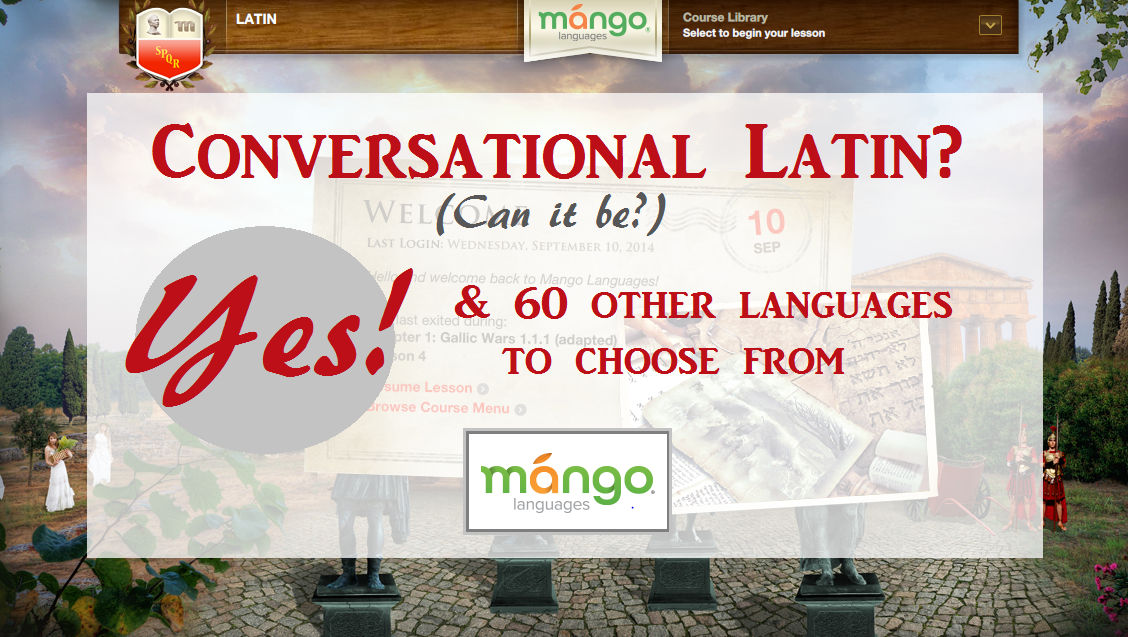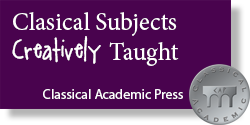This post contains an affiliate link to the book that we are going through.
Welcome to another week of the
Teaching the Trivium book club! I am so excited to read and discuss this book along with you. I loved the discussion last week and would love to hear from more of you!
Today we talk about rhetoric.
Chapter 7 - Teaching Rhetoric
"Every subject has it's own rhetoric." Rhetoric is the "creative expression of sound conclusions." (pg. 175)
I really enjoyed this chapter because it brings everything together. I am very narrow sighted, just beginning to teach my children the grammar of each subject. This chapter helped me see the light at the end of the tunnel. This is what we are striving for!
By the rhetoric stage, our children have learned the facts about the world around them. They have thought about this information and drawn conclusions. Now they must learn to express these conclusions clearly, persuasively, accurately, and interestingly.
Grammar is no goal, and Logic is no goal...if we have no output, then we have nothing. pg. 176
Principles for Learning Rhetoric
While there are different formal programs for learning rhetoric, the Bluedorns say that practice is the best method for increasing your communication skills. In fact, they said that no matter what curriculum you choose to use, it
must include activities in public speaking.
How do you facilitate the practice of rhetoric for your children? (Debate team, giving speeches, etc.)
Next, the chapter goes on to talk about developing rhetoric skills in our children. I thought this quote was very inspiring for me and I think it can be applied to any stage of the trivium.
Require enough to press him, but not to break him. The younger years require patience and trust, yet firmness and steady pressure. pg.179
Here are some ideas the Bluedorns give for preparing your child for their study of rhetoric (many more or listed in the book):
- Instill a love of learning in your child
- Fill your children's minds with good examples by having them do copywork, dictation, outlining, and narration
- Sharpen their minds and voices by having them do oral narrations, recitations, and interpretations
- Practice letter and journal writing
- Let them listen to live speeches, debates, etc.
The chapter ends again with suggestion of how to teach rhetoric at each age range:
- Before age 10 - Build their vocabulary through reading to them and talking to them in challenging ways (including letting them listen to adult conversations like preaching, debates, etc.)
- Ages 10-12 - Focus on grammar and spelling. Shift from recitation to interpretation of prose and poetry.
- Ages 13-15 - Teach them how to compose different types of papers and require regular writing projects from them.
- Ages 16-18 - Let them continue to increase their rhetoric knowledge and practice their skills is front of others.
Influencing the World with Rhetoric
I remember sitting in a basic college writing class and being startled at the inability of some of classmates to write cohesive sentences. I am not a "let's go conquer the world!" type of girl, but if someone asks me a question, I want to be able to answer them well. If I am presented with a problem, I want to be able to confidently and convincingly explain my proposed solution.
I strongly believe in the sovereignty of God, so my main goal is not to change the world or turn America into a Christian nation, but I want to do what is put before me to the best of my ability. I want to be able to give an answer for what I believe in, and I want to encourage others to do what is right. All of these things require basic rhetoric skills.
My point is that even if your goal for your children isn't to give speeches for the rest of their lives, convincing everyone they meet to change their mind about something, being eloquent, concise, and persuasive are skills that will be useful in everyday life.
Do you have rhetoric age children in your home?
How do you foresee their training in rhetoric being a worthwhile study?
What resources do you use to teach rhetoric?
Leave comments here on the blog post, or share about it on social media
(#ClassicalMamasRead). I'll be sharing too, so follow me on
facebook,
twitter, or
google+ and we can chat about it there as well! Don't forget, if you want to share your thoughts about Teaching the Trivium on your own blog, link it up below so we can all come and visit!
Next week we will be talking about chapter eight of
Teaching the Trivium. If you haven't gotten your own copy yet, make sure you check your library or order one soon so you can be ready for next time! Also, this is a 600+ page book, so I am only touching on certain points of each chapter. There is so much great information that I am not covering, so if this discussion interests you, you are going to want to make sure to
pick up your own copy so you can read more!
Classical Mamas Read Link-Up
Did you write about
Teaching the Trivium on your blog? Have you been reading and blogging about another book (for
you,
not a children's book)? Do you have a book club going on at your blog
(once again, not for a children's book)? I'd love for you link up here
so we can all be encouraged by each other and maybe find another great
book to read!
I think I'm going to keep this link-up
ongoing since there aren't going to be a huge number of posts and then
anyone new will be able to be encouraged by the other book reading ideas
and discussions. If the number of posts gets too large, I will fix it.
Please note, all posts must be on topic (about a book you are reading) and appropriate (think family friendly).
 Classical educators are often faced with a dilemma once their children and students reach their high school years and begin looking toward college admissions. Although great care is taken every step of the way to ensure that their children have received an education perfected around their needs and values, they find that they must familiarize themselves with the content of the SAT and ACT exams.
Classical educators are often faced with a dilemma once their children and students reach their high school years and begin looking toward college admissions. Although great care is taken every step of the way to ensure that their children have received an education perfected around their needs and values, they find that they must familiarize themselves with the content of the SAT and ACT exams.




























